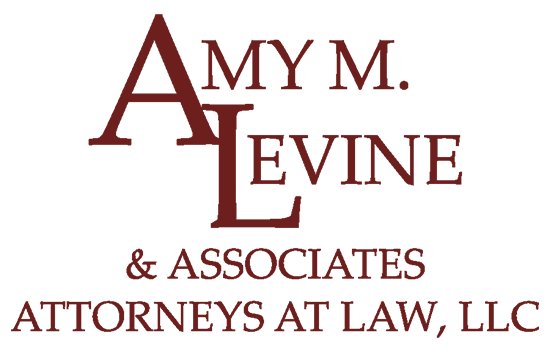When Debt Collectors Have You Down, Turn to Your Legal Tool Chest
You owe someone money, and they want it now. Enter the endless stream of phone calls, foreboding letters and other disruption communications.
You just want the harassment to stop, but don’t have the resources to pay up or don’t agree with the charges. Where can you turn?
Unbeknownst to many consumers, there are strict laws protecting them from creditor harassment. Armed with a little information, these laws can help get debt collectors off your back. In addition, if you wish to address the debt issues underlying your collection problems, Ohio bankruptcy law could offer the solutions you’ve been waiting for.
Consumer Rights Under the Fair Debt Collection Practices Act
Under federal law, a debt collector is defined as anyone who regularly collects debts owed to others – for instance, collection agencies, certain kinds of lawyers and companies that buy delinquent debts in order to attempt to collect them. All debt collectors are prohibited from using abusive, unfair or deceptive practices in their collection efforts.
Among other things, the federal Fair Debt Collection Practices Act prohibits debt collectors from:
• Contacting you at inconvenient times or places, such as before 8 a.m. or after 9 p.m., unless you agree to it
• Harassing you with repeated phone calls, profane language or threats of physical or reputational harm
• Lying (including misrepresenting who they work for, falsely claiming that you committed a crime or will be arrested, or that they will seize, garnish or sell your property unless they are permitted to do so by law and in fact intend to follow through with the action)
• Trying to collect any additional fees or charges on top of the amount you owe unless the contract under which you incurred the debt specifically allows the charge
Any debt collector who violates these prohibitions could be answerable to you in court, so long as you initiate a lawsuit within one year of the violation. The collector may have to pay for damages you suffered at their hands (like lost wages or medical bills), your attorney’s fees and court costs, and up to $1,000 even if you cannot prove you incurred actual damages.
Take Action Against Creditors
The simplest way to keep debt collectors from contacting you is to request them not to do so in writing. Under the Fair Debt Collection Practices Act, once the collector has received your request, they may not contact you again unless it is to tell you there will be no further action or to announce that they have taken a specific action, like filing a lawsuit.
While a demand in writing should stop collectors from contacting you, it does not address the underlying issue of your debt. Creditors can still file suit against you to collect, forcing you to pay through legal mechanisms like wage or bank account garnishment.
If you can’t afford to pay in full, your best option to completely discharge debts may be bankruptcy. Bankruptcy will automatically stay collection efforts, and can ultimately eliminate all or most of your debt load. Speak to a bankruptcy lawyer to learn more about how bankruptcy can benefit you.
